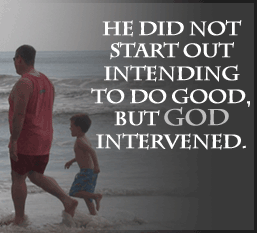From chapter 1 - Serve. Part 2
T H E L O R D
“Whoever receives this child in my name receives me, and whoever receives me receives him who sent me; for he who is least among you all is the one who is great.”
Having a young child in our midst, whether it is our own or someone else’s in the next pew, is a great reminder to us to humble ourselves, that in serving the child we may serve the Lord himself.
“Whoever receives this child in my name receives me, and whoever receives me receives him who sent me; for he who is least among you all is the one who is great.”
— LUKE 9 : 4 8












